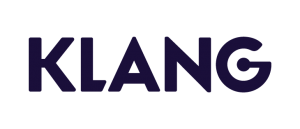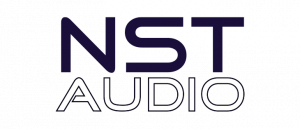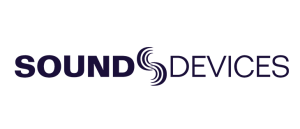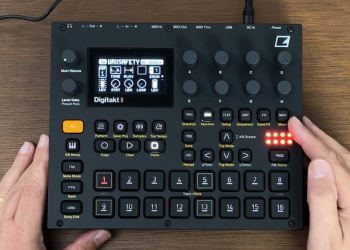The Royal Melbourne Institute of Technology (aka RMIT University) in Australia is one of the country’s leading educational institutions. It offers a vast range of technical courses and has a reputation that is global in its reach.
One course that elicits an extremely high demand for entrants is the Music Industry course. The University aims to offer its students the best and most relevant products available to equip them fully for life out in the real world and the recent opportunity to get hands on experience with a DiGiCo SD7 has helped to do just that.
The project in which the SD7 was involved is a collaboration between two RMIT departments: Music Industry / Technical Production and Audio Visual Technology, with Music Industry / Technical Production (TAFE) being a two year (Certificate IV and Diploma) course that focuses on the skills necessary to become an audio engineer or producer.
“There are a number of providers offering similar courses,” say John Phillips, programs manager for the courses. “But RMIT has consistently had the highest number of graduates securing ongoing employment in the industry, attaining positions as studio engineers, live engineers, working in music, television, film and theatre and other audio production areas.”
As part of the second year curriculum, the students are involved in a major project that involves staging and recording a live performance at an established and popular Melbourne venue. This venue is the Corner Hotel, which is home to performances by many well known local and international acts.
The performance is recorded to multi-track via Pro-Tools and then mixed in RMIT’s 5.1 equipped studio and released as a DVD in surround sound.
“The Music Industry team collaborates with the AV department that films and edits vision in our AV studios to match recorded audio,” continues Phillips. “The audio consists of Front of House, stage monitors and, importantly, recorded audio.
“The recording rig comprises an OB van supplied by Ernie Rose, who is, of course, an important part of Australian recording history, being the main man behind Metropolis Studios, which was the benchmark for Melbourne studios for many years.
“As Ernie Rose’s O/B van now features the SD7, we were keen to be able to access the new desk.”
For the RMIT students, the opportunity to use the SD7 offered them a real world, live recording scenario using state-of-the-art equipment. “The OB van and the SD7 had just arrived from doing the sound for the Logies (the Australian version of the Oscars) and a full scale concert for an international artist earlier in the week the students were working on the project, and would continue on to similar jobs after,” says Phillips. “So the students were grateful to have such a ‘real world’ opportunity.
“All of the RMIT Music Industry lecturers (those involved in this project were Michael Pollard, Tim Johnston, Jill Shelton and Steve Ward) are also industry practitioners, working as studio and live engineers and producers. Staff and students alike were impressed with how surprisingly intuitive the SD7 is, making it possible for first time users of the console to achieve desired results quickly an effectively, which is, of course, paramount in a live recording and mixing situation.”
The SD7 performed faultlessly throughout the night, as three bands were recorded live to both disk via Pro Tools and digital tape backup.
“This project has been running at RMIT for four years,” Phillips concludes. “And this recording, using the SD7, has been the most successful and trouble free yet. Ernie Rose, of course, is also a fan of its use.
“We look forward to being able to use the console again in the next live recording.”









































